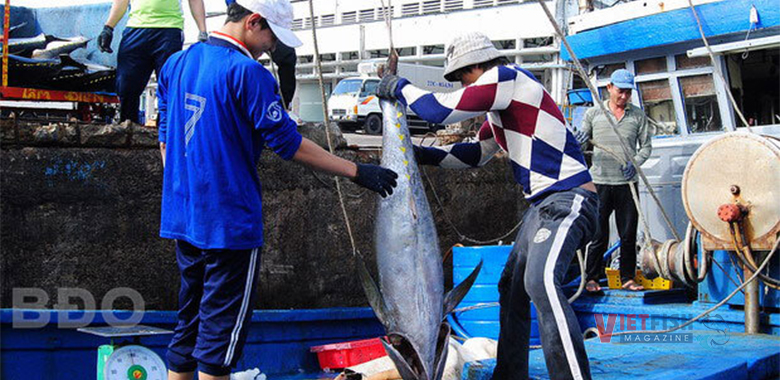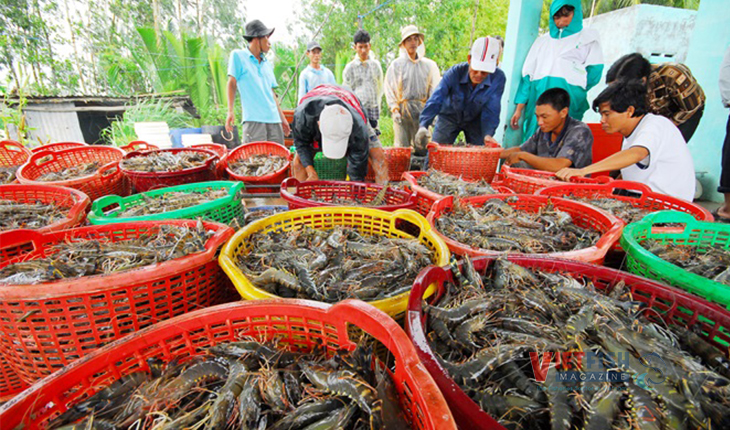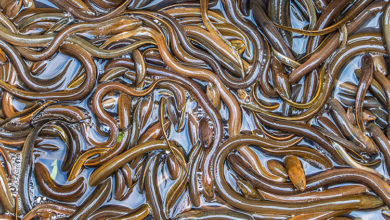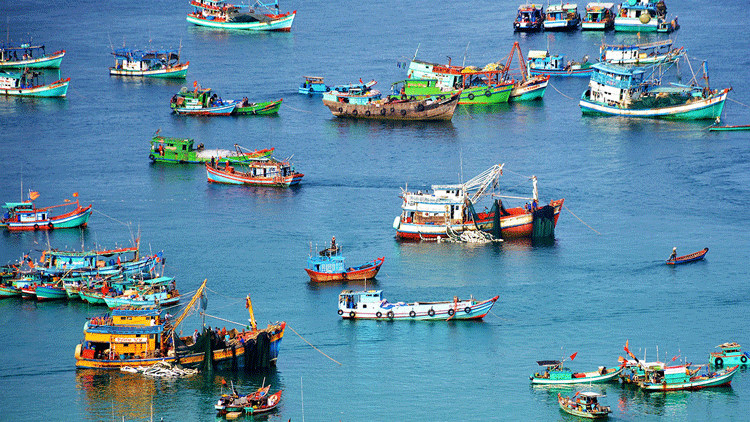A novel means of monitoring sea lice
A novel means to assess sea lice levels is set to be trialled in Scotland in a project supported by the UK Seafood Innovation Fund.
The technology is being provided by BMT. Called AquaDEEP, it incorporates novel advancements in modelling bioactive sea lice dispersion, infestation and response to bath treatment in a coupled hydrodynamic and ecosystem software and will support industry operators and environmental regulators with optimising aquaculture production and minimising ecosystem impacts.
The project aims to enhance the particle tracking module in AquaDEEP to incorporate sea lice maturation and motility response to environmental triggers as well as mortality from bath treatment. This tool will be used to target effective lice treatment practices and minimise environmental impact while reducing treatment costs and production losses, ensuring seafood security for years to come through sustainable farming practices.
Matthew Roberts, managing director of BMT Environment UK, commented: “We are very excited to be part of this programme and recognised as one of the Seafood Innovators in the UK. Supported by Scottish Sea Farms, Marine Scotland Science, Aquatera and the Scottish Environment Protection Agency (SEPA), BMT will deliver a feasibility study using innovative approaches, and use our proprietary software AquaDEEP to model biologically active sea lice dispersion, infection risk to farmed fish, sea lice response to bath treatment and its environmental impacts.”
The UK Seafood Innovation Fund supports bold and ambitious tech-driven projects that will enable a step-change in the productivity and sustainability of the UK seafood sector.
Administered by the Centre for Environment, Fisheries and Aquaculture Science (Cefas) on behalf of the Department for Environment, Food and Rural Affairs (Defra), the UK Seafood Innovation Fund supports projects with a long-term vision to improve the UK seafood, fishing and aquaculture industries, and has recognised BMT’s innovative solutions and contribution to these industries.
Sea lice infestation is a major issue facing aquaculture in Scotland. Productivity loss due to lice infestations has a major impact on the industry, which contributes £1.8 billion annually to the Scottish economy. Traditional treatment methods are costly and can have a detrimental impact on the marine environment.
The Fish Site







I need lice medicine for fish culture.